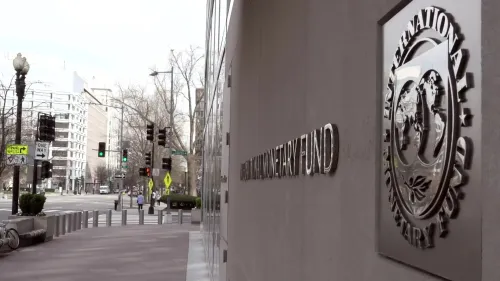Has Britain Increased Residency Requirement for Permanent Settlement to 10 Years?

Synopsis
Key Takeaways
- Residency requirement for permanent settlement is now 10 years.
- Increased skill thresholds for migrant workers.
- Stricter English language requirements imposed.
- Focus on migrant integration and economic contribution.
- Labour Party's policies are shifting towards stricter immigration controls.
London, May 12 (NationPress) British Prime Minister Keir Starmer revealed on Monday morning that the duration of residency mandated for securing permanent settlement in the UK has been extended from five to ten years.
In addition to this policy change, the government is also elevating the skill benchmarks for migrant workers, requiring a higher degree level and enforcing stricter English language proficiency.
Starmer emphasized, "When individuals arrive in our nation, they ought to commit to integration and to mastering our language." He added, "Our system should clearly differentiate between those who do and those who do not. I believe that is equitable."
He pointed out that a diminishing number of individuals are making a significant economic impact. Starmer further stated that the Labour government would "finally honor what 'take back control' signifies and start to select who enters our country so that migration benefits our national interests."
In response to local media inquiries about whether he had "shot himself in the foot" by mandating that migrants reside in the country for twice as long before qualifying for citizenship, Starmer replied: "The notion that increased migration numbers lead to economic growth has been scrutinized over the past four years."
"That correlation does not hold up according to that evidence," he remarked, as reported by Xinhua news agency.
Traditionally, the Labour Party has been more welcoming towards immigration. However, since losing power post the 2010 General Election, it has reassessed its policies, adopting a more stringent approach.










